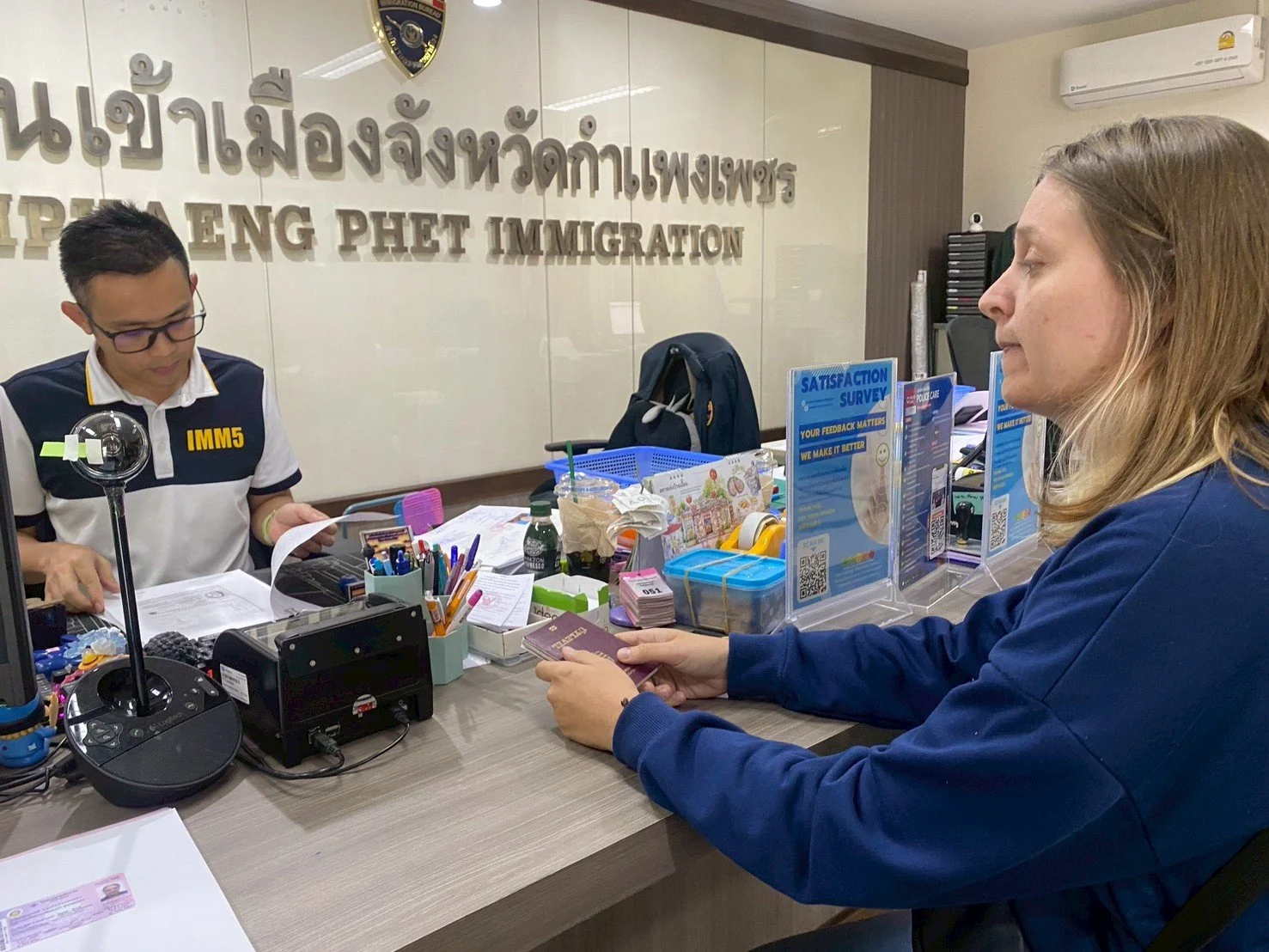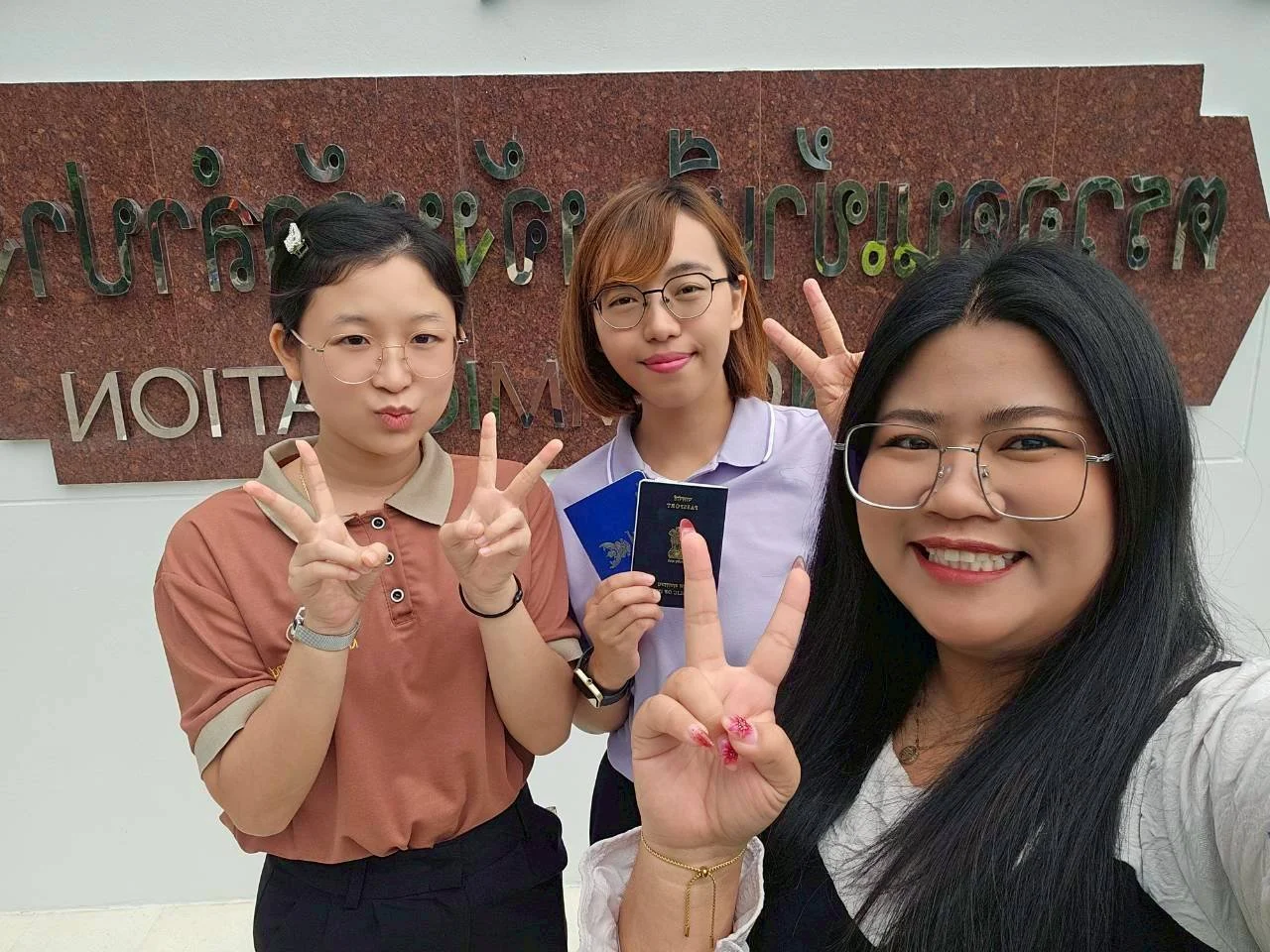Thai School Calendar: Guide for Teachers — KET
Step into a Thai school in mid-May, and you’ll feel the pulse of something special. The air hums with jasmine and the distant growl of a monsoon rolling in.
Students in crisp white shirts and navy shorts dart across a courtyard speckled with puddles, their voices a lively mix of Thai language and playful chatter.
Rain taps the tin roof as a fan spins lazily overhead, stirring the humid air. This is the Thai school year kicking off a rhythm unlike the crisp September starts of back home, shaped by Thailand’s wild seasons and vibrant traditions.
For anyone new to Thailand, the Thai school calendar is a captivating puzzle, far removed from the August-to-June grind of North American school calendars or Europe’s fall launches.
It’s a schedule molded by rainy seasons, blistering hot seasons, and a culture that celebrates learning with flowers, dances, and a community heart.
This guide unpacks everything that happens, what it’s like, and how to join in, whether you’re itching to teach in Thailand or just curious about the Land of Smiles.
What Is the Thai School Calendar?
The Thai school calendar is the lifeblood of Thailand’s education system, a yearly roadmap for students and teachers to study, rest, and revel.
It begins in mid-May and winds down in early March, a timeline that might surprise anyone used to fall starts.
Here, it’s all about the weather: classes launch as the rainy season cools things down and halt before the hot season turns schools into ovens.
With two semesters, breaks, and public holidays steeped in Thai culture, think Buddhist festivals and royal tributes, it’s a cycle that sings of Thailand.
When Does the Thai School Year Happen?
The academic year in Thai schools is divided into two distinct semesters.
The first semester begins in mid-May, when the rainy season arrives, and lasts through early October.
After a 2-3 week pause, the second semester begins in early November and lasts until late February or early March. Final exams close it out, and then it’s a long school holiday as the heat rises.
It’s a flow that keeps students and teachers in step with Thailand’s climate.
When Does the First Semester Start and End?
The first semester usually begins around May 15; dates vary slightly by school.
Monsoons flood the fields, cooling the air for learning, and they wrap in early October with end-of-semester exams.
That 2-3 week break afterward is a gem, perfect for exploring Thailand’s green hills or sipping coffee by a river.
When Does the Second Semester Kick In?
Early November, typically the first week, marks the start of the second semester.
The rains taper off, the air turns crisp, and a festive buzz fills the schools.
It rolls until late February or early March, ending with final exams.
Papers get graded as the school year fades, just as the hot season creeps closer.
Why Does Thailand’s School Year Follow This Schedule?
Thailand’s climate pulls the strings. Mid-May’s rainy season brings wet relief, perfect for students to focus.
By March, the hot season arrives, with temperatures reaching 36°C-44°C (96°F-111°F). Many schools lack air conditioning, and lessons in that heat are brutal, sweat-soaked shirts and all.
Ending the Thai school year before this blaze is pure wisdom, setting up the big break from March to May.
How Does Weather Shape the Calendar?
The rainy season (May-October) keeps things bearable, while the hot season (March-April) scorches.
Thai schools sync smartly starting in the wet, stopping before the fry.
It’s a practical dance with nature that keeps everyone thriving.
Who Runs the Show in Thai Schools?
The Thai education system is guided by the Ministry of Education, ensuring quality education for all, a mission that warms the heart.
Students range from giggling preschoolers to sharp upper secondary students, led by teachers from Thailand and abroad alike.
Parents and locals join the fun, especially at graduation, making schools community hubs.
Who Oversees the Education System?
The Ministry of Education, rooted in the 1999 National Education Act, steers the ship.
It’s about shaping thinkers' critical minds, problem solvers, and communicators.
From primary education to higher education, they craft Thai students into treasures, a system worth celebrating.
What Happens During the Thai School Year?
Semester One: May to October
The first semester bursts into life in May. Students haul in fresh notebooks, settling into lessons under a whirring fan.
English drills and giggles fill the air until early October’s end-of-semester exams.
That 2-3 week break is a gift time to roam Thailand’s jungles or tweak plans with a mango smoothie in hand.
Semester Two: November to March
November’s second semester brings cooler days and holiday cheer. Loy Krathong’s river lanterns dazzle students and teachers, lighting up the months.
Late February’s final exams hit, with grading marathons under a fan’s faint breeze.
The school year comes to a close in early March, just as the heat begins to loom.
Graduation: A Thai Celebration
February’s graduation is a Thai spectacle. Younger students shower grads with flowers and teddy bears, yes, plush toys!
Some schools stage dance shows, kids spinning in bright costumes after weeks of practice.
Photo booths with balloons and banners snap grads in gowns and garlands, a joyous chaos that never gets old.
What Are Class Hours Like?
Most Thai schools run 8:30 a.m. to 4:30 p.m. a full day of learning, lunch, and bustle.
Roosters crow outside as students scribble vocab in the humid haze. It’s a sweaty, smiling grind, fueled by their energy.
How Does the Thai School Year Compare to the West?
Western schools start in September.
Thailand flips its school holidays from March to May, dodging the hot season, not the snow.
Western calendars chase cool months; Thai schools ride the tropical wave.
Graduation here swaps stiff caps for village warmth, flowers, hugs, and heart.
How Do Breaks Differ?
Western summers bring sun or snow; Thailand’s 6-8 week main school holidays (March to May) escape the heat.
October’s 2-3 week pause is a mid-year reset, unlike quick Western Thanksgivings.
It’s a nature-driven twist that’s pure Thailand.
What Are Thai School Holidays Like?
Main School Holidays
The break from early March to mid-May lasts 6-8 weeks, sidestepping the peak of the hot season.
Students scatter, and teachers plot or flee to cooler climes.
October’s 2-3 week break varies by school, a quiet pause perfect for temple-hopping or unwinding.
Public Holidays in Thailand
Thailand boasts over 23 public holidays, many of which are cultural gems rooted in Buddhist traditions. Songkran (April) is a water-fight frenzy, streets alive with buckets!
December 5, the late King’s Birthday and Father’s Day, glows with flags. Weekend holidays shift to Monday, thanks to the Thai government's long weekends that feel like gold.
How Many National Holidays Are There?
Typically, there are 19 national holidays, although extras may occasionally appear.
From National Day to Songkran, schools close, allowing students and teachers to join in the fun.
It’s a cultural feast that lights up the year.
What’s the Longest Break?
That March-May stretch 6-8 weeks is Thailand’s long summer break, dodging heat.
Students return refreshed, a timing trick that keeps the system humming. Teachers typically receive the month of April off from school.
Who’s Involved in the Thai Education System?
Thai Schools and Students
Thai students are the stars from elementary school (Prathom 1-6, ages 6-12) to lower secondary (Matthayom 1-3), nine years mandatory.
Preschool, upper secondary education, and higher education are optional.
Rural schools under tin roofs pulse with the same spark as city ones.
Private and International Schools
Private schools and international schools cater to expats and locals, often starting in August with academic calendars mirroring the West.
Think International Baccalaureate or British National Curriculum, delivered in air-conditioned comfort a contrast to breezy Thai schools.
What’s Compulsory Education Like?
Primary education starts at 6 six years of age till 12 years old.
then three years of secondary education (Matthayom 1-3), free in public schools.
Upper secondary (Matthayom 4-6) is optional, prepping teens for uni or work a foundation that lifts countless kids.
Are There Alternatives to Thai Schools?
Private institutions and international schools blend Thai oversight with foreign curricula high standards, global flair.
Homeschooling’s legal too, with paperwork.
Families mix Thai culture with worldly lessons, a beautiful balance.
Why Does the Thai School Calendar Matter?
The Thai school calendar isn’t just a list of dates; it’s a way of life for teachers, students, and families.
It shapes lessons, trips, and childcare, a lifeline for thriving here. It’s a window into a culture that weaves education with joy, a rhythm worth embracing.
Why Is It Key for Newcomers?
Knowing school holidays and semesters helps you plan visa runs, escapes, and prep.
Timing breaks to dodge monsoons or join festivals is a game-changer for settling in.
How Can a New Teacher Join In?
Master the calendar map holidays, pack for heat.
Chat with Thai teachers, they’re wisdom wells and dive in: dance at graduation, splash at Songkran.
Helping students craft krathongs for Loy Krathong floating baskets fosters lasting bonds.
Jump in; Thailand opens its arms.
What’s the Best Way to Prepare?
Study Thai school terms, pack light clothes, and learn some Thai language. Students light up for it.
Tap expat groups for tips, and embrace the chaos. Prep’s your key to loving it here.
What’s the Deal with Childcare During Breaks?
When school’s out, parents get crafty.
International schools often run summer camps, offer soccer, and provide crafts, while nurseries typically provide full- or half-day programs.
Nannies provide one-on-one care, and expat groups share valuable insights. I’ve traded tips over iced tea with teachers.
What Options Exist?
From childcare centers to holiday playgroups at many international schools, numerous options are available.
Thai students stay busy, and parents find peace in a community win.
A Wrap-Up with Heart
Teaching in Thailand is a wild, fantastic ride through the school calendar, from rainy lessons to graduation garlands.
It’s a system pulsing with respect for nature and Thai culture, offering a front-row seat to magic.
Every public holiday, every exam, and every student’s grin is why this place steals hearts to teach, learn, and be adored.
FAQs About the Thai School Calendar
What is the Thai school calendar?
It’s the schedule for Thai schools, running mid-May to early March, with two semesters and breaks in October and March-May.
When do Thai school holidays happen?
Main school holidays are 6-8 weeks (March-May) for the hot season, plus 2-3 weeks in October. Public holidays like Songkran sprinkle more.
Why does the school year start in May?
It aligns with the rainy season, keeping students cozy indoors and free when the hot season hits.
How can teachers prepare for the Thai school year?
Learn the calendar, plan around holidays, join cultural events it’s how you shine in Thai schools.
Final Thoughts
We hope this post has inspired and empowered you on your teaching journey in Thailand!
Kids English Thailand is here to support you with tips, insights, and resources to make your experience truly amazing.
Want to dive deeper or have questions?
Check out our related posts below, or connect with our community of educators making a difference in Thailand.
Let’s keep thriving together!


























The paper "Blue Book" is dead.
📵 As of January 28, 2026, Thailand has fully transitioned to the mandatory digital e-Work Permit system. 🛂
This veteran-verified roadmap covers the mission-critical shifts you need to know:
✅ The 12-minute biometric Iris Scan
✅ Mandatory ThaID App verification
✅ Real 2026 government fee breakdowns
Join the 20+ teachers we’ve successfully deployed in 2026 so far. 🚀